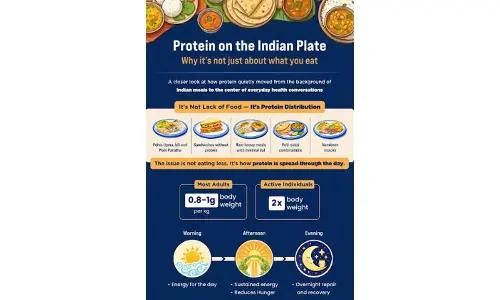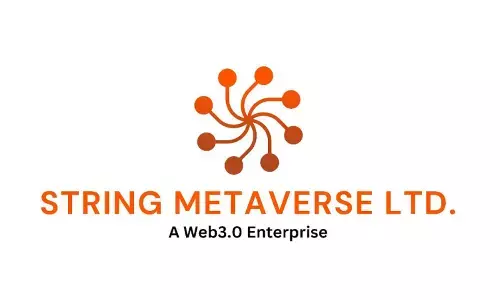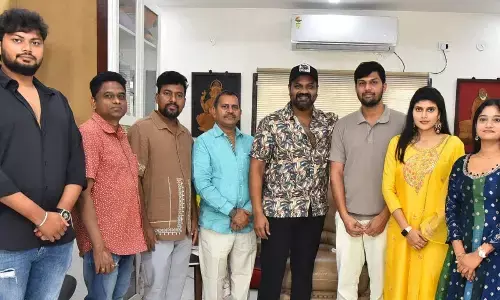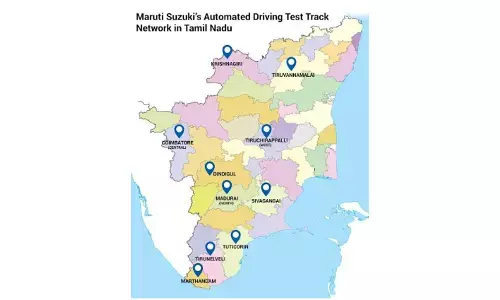WTO versus Humankind?
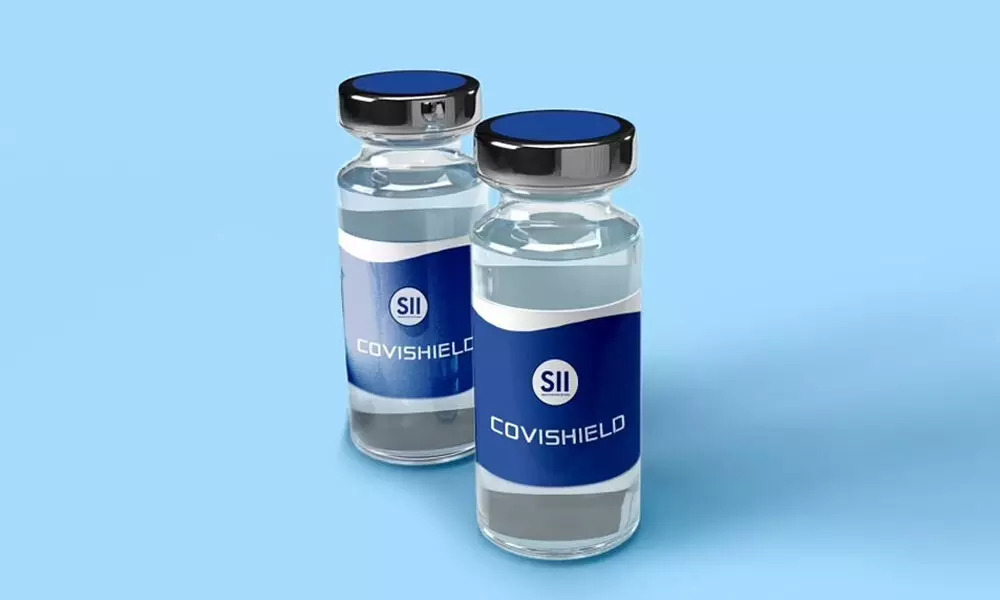
Covishield
In the main two vaccines are available to us today—Covishield, developed by AstraZeneca and produced under its license by Serum Institute of India; and Covaxin, developed by Bharat Biotech
In the main two vaccines are available to us today—Covishield, developed by AstraZeneca and produced under its license by Serum Institute of India; and Covaxin, developed by Bharat Biotech.
Serum Institute has to pay one-half of the sale price to AstraZeneca as royalty; or it has to pay Rs 75 as royalty if it sells Covishield to the Central Government at Rs 150. Serum Institute says that it is not economical for it to produce Covishield in the balance Rs 75. For this reason, they have offered to sell Covishield only at Rs 300 to the States and at a higher price to private buyers. In this way the States will be buying Covishield at Rs 300 and subsidizing the purchase by Center at Rs 150. The Center should act as father of the States. Instead, it is acting as their opponent. This is a minor problem, however.
Serum Institute is having to pay this huge amount of royalty because we have accepted Product Patents under the World Trade Organization (WTO). Product Patents stipulate that another company will not produce a patented product even by using an alternate process. Say AstraZeneca has patented a technique of heating the iron rod in order to flatten it.
Product Patents stipulate that another company cannot flatten the iron rod by any other method such as cold hammering. The Product Patents was accepted by us as a part of the WTO deal in 1995. Before that time we had Process Patents which allowed anyone to produce the same product by an alternate process. The result of Product Patents is that our companies cannot manufacture Covishield by alternate processes. This is limiting the manufacture of vaccines in India and vaccine is not available to our people. Indeed, this problem applies to the Covaxin developed by Bharat Biotech also. We shall discuss this next. That be as it may, the entire world cannot manufacture the vaccines developed by certain companies and is suffering because of the Product Patents incorporated in the WTO.
The second vaccine available to us is Covaxin, developed by Indian Company Bharat Biotech, which too has offered to sell Covaxin to the Center at Rs 150 perhaps following the footprints of Serum Institute.
The Patents rules under the WTO have a provision that the Government can invoke the provision of "Compulsory Licensing" and allow other companies to manufacture the same product under situations of national emergency such as at present. The WTO permits the countries to determine the grounds for granting compulsory licenses and to determine what constitutes a national emergency. However, the Government has not invoked this provision. Perhaps the Government fears an international backlash from the Multinational Corporations and Western countries if this provision is invoked. In that case the availability of foreign vaccines will be reduced and we may fall from the frying pan into the fire. This is a matter of assessment and it is best to leave it to the judgment of the Government.
The question of WTO itself remains. We were told in 1995 at the time of signing of the WTO Treaty that the loss to us from the royalties paid due to Product Patents would be more than made up from the benefits from free trade—agricultural goods in particular. It will be a win-win proposition for the Developing Countries. They will get technologies as well as export markets. Twenty five years later it is clear that the Multinational Corporations are charging prohibitive royalties such as 50 percent price of Covishield and the Developed Countries have not opened their markets for our agricultural exports. Thus WTO has become a loss-loss proposition. We are neither getting the technologies nor access to their markets.
A number of arguments are being given to maintain the Product Patents even in the present pandemic. It is argued, one, that the developing countries do not have the capacity to manufacture the vaccines even if the patents were cancelled. The manufacturers have certain technological details that are not disclosed in the patent applications hence opening the patents will not enable new entities to manufacture the vaccines. Two, that the developing countries cannot complete the supply chain.
They do not have the raw materials and machines to make the vaccines. Indeed the Serum Institute has said that the United States is obstructing the supply of raw materials necessary for it to make the Covishield vaccine. Three, the developing countries do not have the capacity to invest in these plants. Four, Drug Companies need to make profits to be able to invest in research for future pandemics. The first three arguments are not convincing for the reasons we need no go into here. It suffices to say that if the developing countries will not be able to manufacture the vaccines after cancelling the patents, then what is the harm in cancelling them? The fourth argument also does not stand because new drugs such as penicillin were developed without Product Patents. The task is to assist the companies across the world, the "common man," so to say, to pitch into the manufacture of vaccines by opening the patents.
We have to make our strategy also in the light of the fact that the Covid virus is mutating as is in the nature of all viruses to mutate. The virus of influenza mutates frequently and new vaccines are made to combat it nearly every year. It is certain that the Covid virus will mutate and new vaccines will have to be made in the future. In the light of above, our strategy must be as follows.
One, the Government must make huge investments in the development of vaccines. The owner of Bharat Biotech lamented in a TV Program that foreign Multinational Corporations developed the vaccines after millions of dollars in support from their Governments. Bharat Biotech got a paltry Rs 65 crores according the information available on the net. It has indeed been given Rs 1500 crores recently but only after it had developed the vaccine on its own.
Two, the Government must buy the patent from Bharat Biotech and open the process for the entire world so that various countries can make the vaccine and save themselves. This will hit hard at the market of the Multinational Corporations and "teach them a lesson."
Three, we must help Bharat Biotech to ramp up the production of Covaxin, cancel the Product Patents and, if necessary, come out of the WTO.
(The author is formerly Professor of Economics at IIM, Bengaluru)





